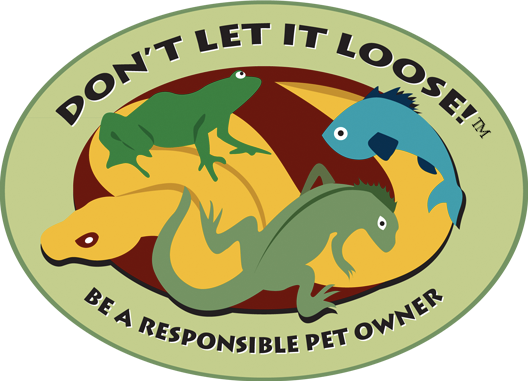Last week invasive zebra mussels were in found in an aquarium product, called moss balls, across USA pet stores. The moss balls are a species of algae that form green balls up to a few inches in diameter and are sold as an aquarium plant under names such as “Beta Buddy Marimo Balls,” “Mini Marimo Moss Balls,” and “Marimo Moss Ball Plant.” They may be sold separately or provided with the sale of Betta fish.
The initial discovery was made by a PetCo employee in the Seattle, WA area. This prompted invasive species officials across US and Canada to examine moss balls for mussels in regional pet stores. Multiple moss ball products in multiple states were found to contain zebra mussels prompting a nationwide recall of the products at PetCo.
The moss balls are believed to have been imported from the Ukraine, where the zebra mussels are a native species, and were then distributed across the United States.
Zebra mussels are invasive species in North America and cause damage to waterways, native animals and infrastructure. Zebra mussels are typically spread through recreation pathways, like watercraft. However, with sightings of the mussels in aquarium products Invasive Species Action Network urges all aquarium owners to be responsible pet owners and Don’t let it Loose. This situation is evolving, and we anticipate that additional information for pet stores, and pet owners will be available for proper disposal. Remember, be a responsible pet owner and never release a pet or aquarium contents into the wild. Don’t Let it Loose. If you have more questions, please contact: info@stopais.org.
- If you have a moss ball in your aquarium, please dispose of it using the following method. This method may be subject to change based on new feedback.
Remove moss ball from your aquarium, seal in plastic bag and put in the freezer for 24 hours. Put the sealed bag into the trash. Monitor your aquarium for any unusual new animal growth.
- Additional guidelines for aquarium cleaning are provided by the Pet Joint Advisory Council. This method may be subject to change based on new feedback.
- To report any unusual plant or animal, you can submit information to the US Geological Survey, or reach out to your state wildlife or agriculture agency for assistance.
- Other helpful links and press releases where state and federal management agencies have provided more information:
